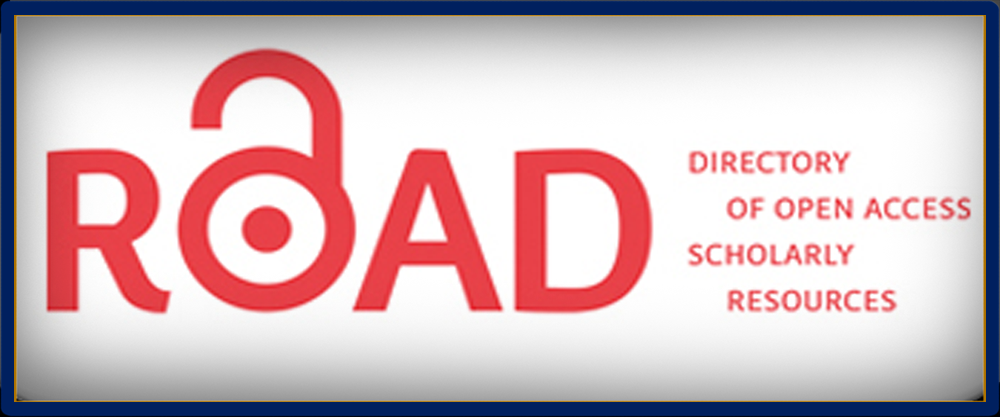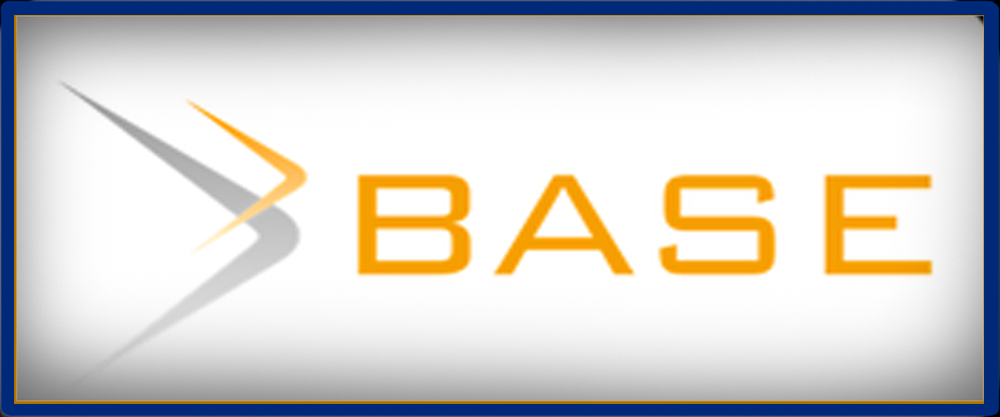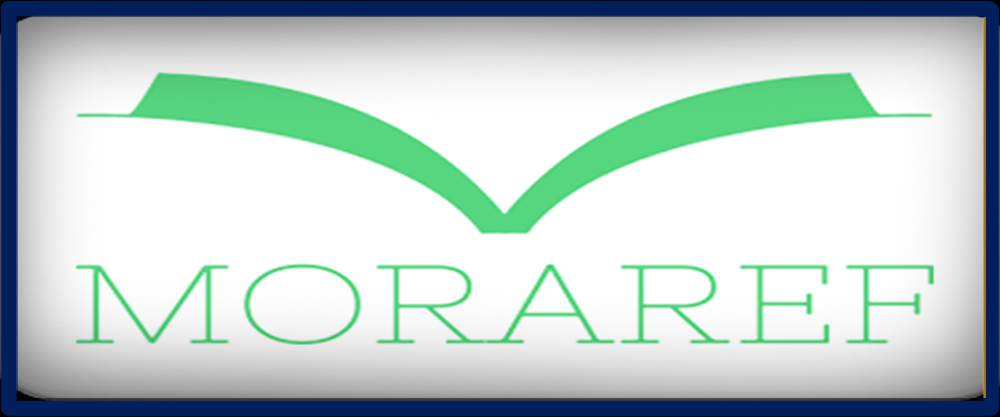IMPLEMENTATION OF THE SALAM AGREEMENT IN INCREASING SALES
Abstract
This research discusses the implementation of the salam contract in increasing sales at the Putri Alesha Collection Cirebon Store. The background of this study is the existence of increasingly sophisticated technological media, buying and selling activities that can indirectly be carried out anywhere and anytime using gadgets or cellular phones. Buying and selling online has similarities with buying and selling orders called greetings. This study aims to determine the implementation of the salam contract at the Putri Alesha Collectoin Cirebon Store, to analyze how the salam contract can increase sales at the Putri Alesha Collection Cirebon Store, and find out what are the obstacles and how the solution is in carrying out the salam contract to be able to increase sales at the Putri Alesha Collection Cirebon store.This research is a type of qualitative research with a descriptive qualitative research type, and with a centralized interview research design. The data used in this study are primary data and secondary data. Data collection techniques using interview techniques, observation, and documentation. The author uses source triangulation to check the validity of the data. The analysis technique used in this study is to use the Milles and Huberman model, namely data collection, data reduction, data presentation, drawing conclusions. Furthermore, the implementation of the salam contract at the Putri Alesha Collection Cirebon Store is in accordance with the concept of the salam contract, including explaining product specifications, payment made in advance, and delivery according to the agreed time and place, with the existence of a salam contract in a sale and purchase transaction at the store. Putri Alesha Collection Cirebon transactions are more efficient and can increase sales as well as mutually beneficial for sellers and buyers. The delay in updating product availability as a delivery of product specifications for the salam contract is an obstacle in carrying out the salam contract to be able to increase sales at the Putri Alesha Collection Cirebon Store
Downloads
References
Khozin, A. A., Pratama, F. A., Ridwan, M., Amin, N. M. F., & Lesmana, T. (2022). Inflation and the Stability of Islamic Finance. ICOBBA_2021, 404-409.
Mulyanto, A., Dewi, O. R., Normansyah, A. D., Pratama, F. A., Nurkholiq, A., Hasim, I., ... & Tyas, P. (2023). Bimbingan Teknis Guru dan Kepala Sekolah Dalam Menyusun Modul Ajar Pada Kurikulum Merdeka. Madani: Indonesian Journal of Civil Society, 5(1), 72-82.
Mustoip, S., Dz, A. S., & Wulan, D. J. (2023). Integrasi Kecerdasan Buatan dalam Manajemen Pendidikan Karakter Berbasis Islam di Sekolah Dasar. Permata: Jurnal Pendidikan Agama Islam, 4(2), 321-327.
Mustoip, S., Tabroni, I., Sulaiman, S., & Marliani, L. (2024). Promoting Equity and Excellence in Elementary Education: A Global Approach to School Management and Leadership. IJOBBA: International Journal of Bunga Bangsa Cirebon, 2(2), 210-217.
Nasir, A., Busthomi, A. O., & Rismaya, E. (2022). Shariah Tourism Based on Local Wisdom: Religious, Income, Motivation, Demand and Value of Willingness to Pay (WTP). International Journal Of Social Science And Human Research, 5(08), 3811-3816.
Pratama, F. A., Dewi, E. C., Al Fasiri, M. J., Ridwan, M., & Suwarni, T. (2023). The Influence of Islamic Work Ethic on the Welfare of Tempe Business Employees in Kedawung-Cirebon District. IJOBBA: International Journal of Bunga Bangsa Cirebon, 2(2), 106-112.
Pratama, F. A., Ridwan, M., Yulianti, N., Ratnawati, R., Maulana, A., & Masitoh, S. I. (2022). Implementasi Persamaan Fungsi Non Linier Dalam Matematika Bisnis Pada Kehidupan Sehari-Hari. Change Think Journal, 1(03), 289-299.
Pratama, G. (2022). Comparative Study of The Empowerment of Zakat BAZNAS Indonesia and PPZ Malaysia. ICOBBA_2021, 212-216.
Ridwan, M., Ghofur, A., Rokhmadi, R., & Pratama, G. (2023). Pemikiran Ekonomi Islam Ibnu Khaldun: Sebuah Pendekatan Sosio Historis. Iqtisad: Reconstruction of Justice and Welfare for Indonesia, 10(1), 113-130.
Riyani, A., Pratama, G., Surahman, S., & Cahyono, H. (2022). Analisis Sistem Pengelolaan Keuangan Pembiayaan Syariah Dengan Akad Murabahah. Ecobankers: Journal of Economy and Banking, 3(1), 1-7.
Selasi, D., Agustiani, L. R., & Vidiati, C. (2022). Upaya Mengubah Pendapatan Usaha Mikro Kecil Menengah (UMKM) Melalui Digital Marketing. Jurnal Multidisiplin Madani, 2(3), 1247-1258.
Selasi, D., Munajim, A., & Komala, S. I. (2022). The Digitization of Islamic Philanthrophy In the Islamic Capital Market in Indonesia. ICOBBA_2021, 166-174.
Selasi, D., Vidiati, C., & Munajim, A. (2022). Pertumbuhan Bank Syariah di ASEAN: Dalam Sejarah The Growth of Islamic Banks in ASEAN: In History. Ecobankers: Journal of Economy and Banking, 3(2), 157-171.`
Selasi, D., Vidiati, C., & Tardjono, T. (2022). Sharia Capital Market: Securities Fatwa, Derivative Securities and Mechanisms. IJOBBA: International Journal of Bunga Bangsa Cirebon, 1(1), 1-24.
Mustoip, S., Al Ghozali, M. I., As, U. S., & Sanhaji, S. Y. (2023). Implementation of Character Education through Children's Language Development in Elementary Schools. IJECA (International Journal of Education and Curriculum Application), 6(2), 91-100.
Selasi, D., Virdiati, C., Munajim, A., & Sujata, T. (2022). Kesejahteraan Masyarakat: Analisa Kualitatif Sistem Keuangan Komersial Islam-SIstem Keuangan Sosial Islam di Indonesia.
Stefanus, S., & Ridwan, M. (2022). Analisis Strategi Marketing Syariah Untuk Meningkatkan Omset Penjualan Pada Era Globalisasi Di Toko Emas Pantes Sindang Laut Kabupaten Cirebon. Change Think Journal, 1(01), 87-95.
Wartoyo, W., Haida, N., Mujab, S., & Umam, M. K. (2022). Sharia Marketing Model Pada Bisnis Laundry Syariah (Case Study Pada Zada Laundry Syariah Sumber Cirebon). PROFIT: Jurnal Kajian Ekonomi Dan Perbankan Syariah, 6(1).












